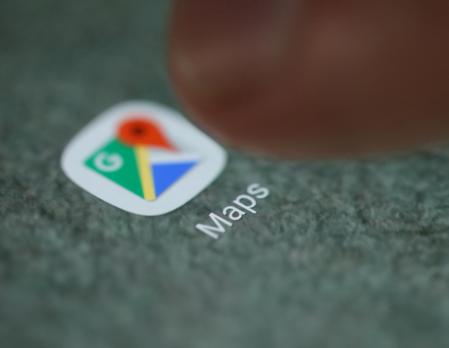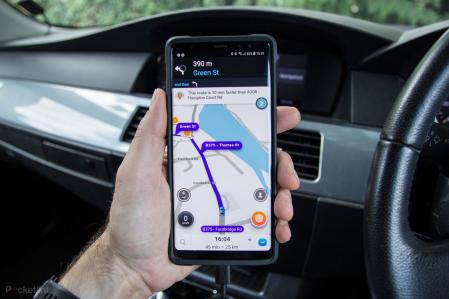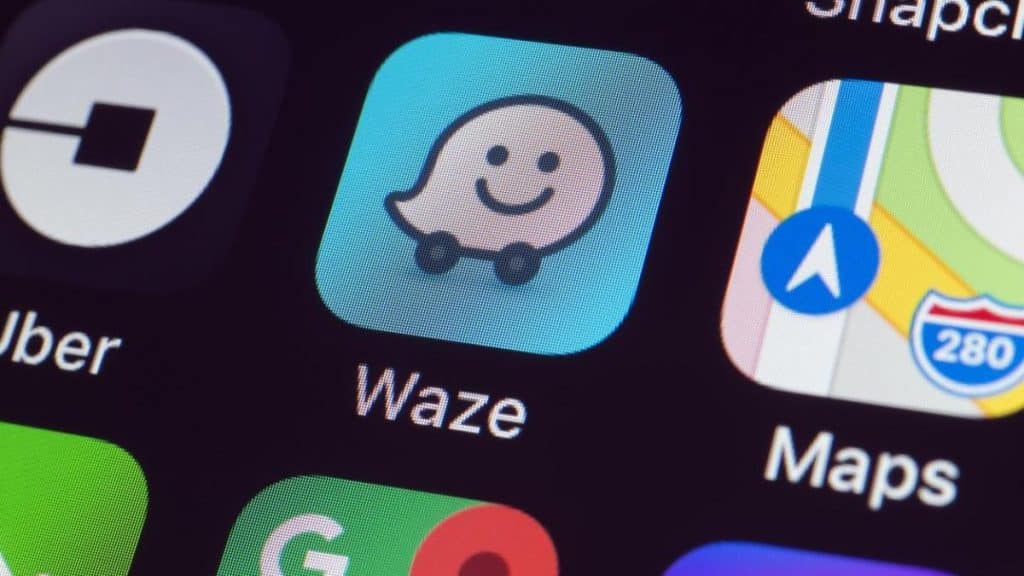Google will merge the Waze mapping service with the team that oversees the company’s Maps product, in another move within the big-tech sector aimed at streamlining operations and cutting costs. It’s the first major workflow change affecting the Waze GPS-assisted navigation and real-time automotive transit platform since Alphabet’s acquisition in 2013.
Since then, the team in charge of Waze has been completely independent from that of Maps, although sometimes the Google maps server has acquired some of its functions. Now the staff of both applications will be merged, which will not cause significant changes in either platform.
The staff of both applications will be merged in an attempt to optimize costs

Since Google acquired Waze almost a decade ago, some of its tools, such as speed camera warning, have been transferred to Maps.
Given Ruvic / Reuters
Since Google acquired Waze almost a decade ago, some of its tools, such as speed camera warning, have been transferred to Maps. As reported by The Wall Street Journal, Alphabet will now combine the teams of the two services, both belonging to the Google Geo toolset.
“By bringing the Waze team into the Geo portfolio, the teams will benefit from greater technical collaboration,” said Neha Parikh, CEO of Waze. The director, who will leave the team after a transition period, added that the platform will remain an independent application with 151 million monthly active users worldwide.
Read also Blanca Gispert

Following the tech giant’s decision, a single organization will be in charge of overseeing Google Maps, Street View, Google Eath and Waze in a bid to save costs. The Geo division will now absorb Waze’s 500+ employees and the team shakeup is expected to ease overlapping mapping work between different mapping services.
The Geo division will now absorb the more than 500 employees of the Waze platform

The company has made it clear that Waze will continue to be an independent platform with its own guidelines.
The optimization of resources is currently one of the main objectives of Google, given the current economic situation. The company has made it clear that Waze will continue to be an independent platform with its own guidelines, so the change will not be noticeable in the user experience.
Google bought the Israeli mapping service in 2013 for a total of $1.3 billion. At that time the platform had about 47 million users and Google began to include some of its updates in Maps. Precisely in the year of the acquisition, the platform won the Best Overall Mobile App award at the Global Mobile Awards.


